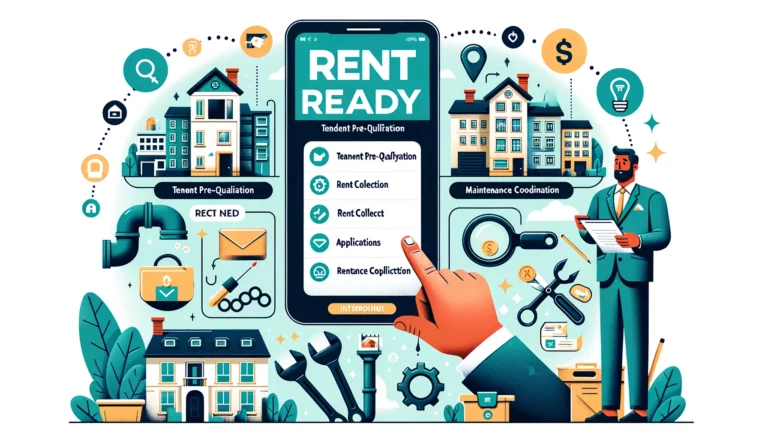The Future of Property Management: Embracing Software Solutions
Introduction In the realm of property management, the digital revolution has ushered in a new era. Traditional methods are being replaced by innovative software solutions, offering efficiency, accuracy, and convenience. Here’s a deeper look into why software for property management is not just a trend, but a necessity for the modern landlord. In today’s fast-paced…


![Mastering Real Estate Management in Las Vegas: A Comprehensive Guide [2024] 2 Contemporary living area with clear glass walls providing a view of a lavish backyard pool](https://grandprixrealty.agency/wp-content/uploads/2023/10/2a206fcd-2f83-44cb-890d-23118300bb59-768x439.webp)
![Achieving Excellence in Rental Management: Las Vegas Edition [7 Proven Strategies for Unbeatable Success] 3 Hyperrealistic depiction of Las Vegas cityscape at sunset with a detailed office interior showcasing rental management discussions and data](https://grandprixrealty.agency/wp-content/uploads/2023/10/Rental-Management-Las-VEgas-Edition-768x439.webp)



